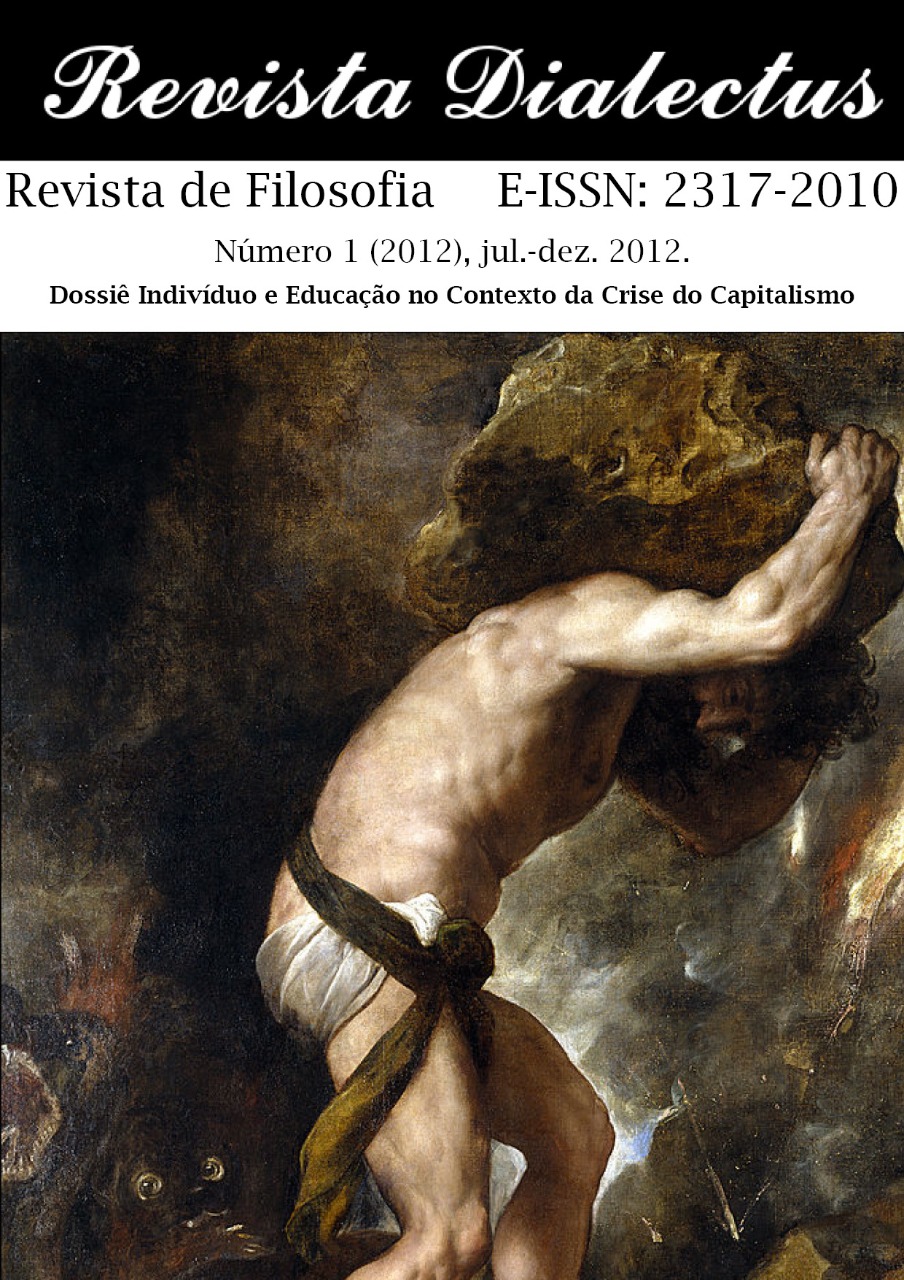Educação e indivíduo pragmático na crise capitalista contemporânea
DOI:
https://doi.org/10.30611/2012n1id5155Abstract
O artigo aborda a construção do indivíduo pragmático na crise capitalista contemporânea. Delineia os aspectos centrais da referida crise, marcada pela incapacidade do sistema de atender às necessidades humanas, em seu conjunto. Nessa perspectiva, compreende a escola como locus de fomento de individualidades propícias à aceitação das imposições economicistas do capital em crise, sobre a maioria da humanidade. Nesse contexto, o pragmatismo educacional, seja em sua forma clássica, com Dewey e Teixeira, seja em sua forma renovada, com Rorty, contribui para a formação de indivíduos alienados e passivos. Fundamentado em Marx, Heller, Vázquez, dentre outros autores de veio marxista, o artigo discute acerca das possibilidades de enfrentamento da aludida crise capitalista, como ainda relativamente aos princípios de uma educação rica em conteúdos emancipadora em sua práxis.
Downloads
Published
Issue
Section
License
Authors who publish in this journal agree to the following terms:
- Authors retain the copyright and grant the journal the right of first publication, with the work simultaneously licensed under the Attribution-NonCommercial-NoDerivatives 4.0 International (CC BY-NC-ND 4.0) License, which allows the non-commercial sharing of work, without modifications and with acknowledgment of authorship and initial publication in this journal.
- Authors are authorized to take additional contracts separately, for non-exclusive distribution of the version of the work published in this journal (eg publish in institutional repository or as a book chapter), with acknowledgment of authorship and initial publication in this journal.
- Authors are allowed and encouraged to publish and distribute their work online (eg in institutional repositories or on their personal page) at any point before or during the editorial process, as this can generate productive changes as well as increase the impact and citation of published work (See The Free Access Effect).



















